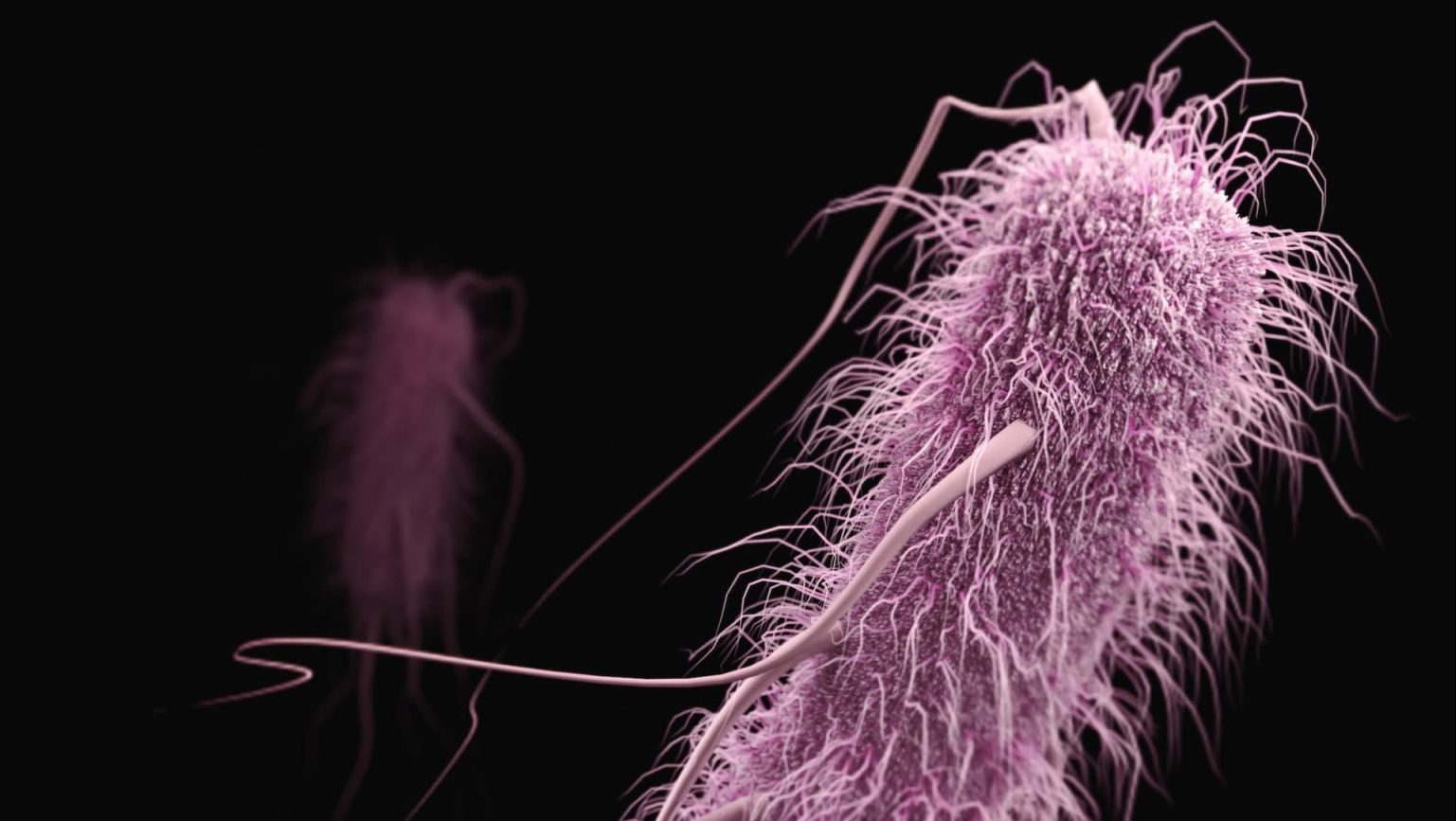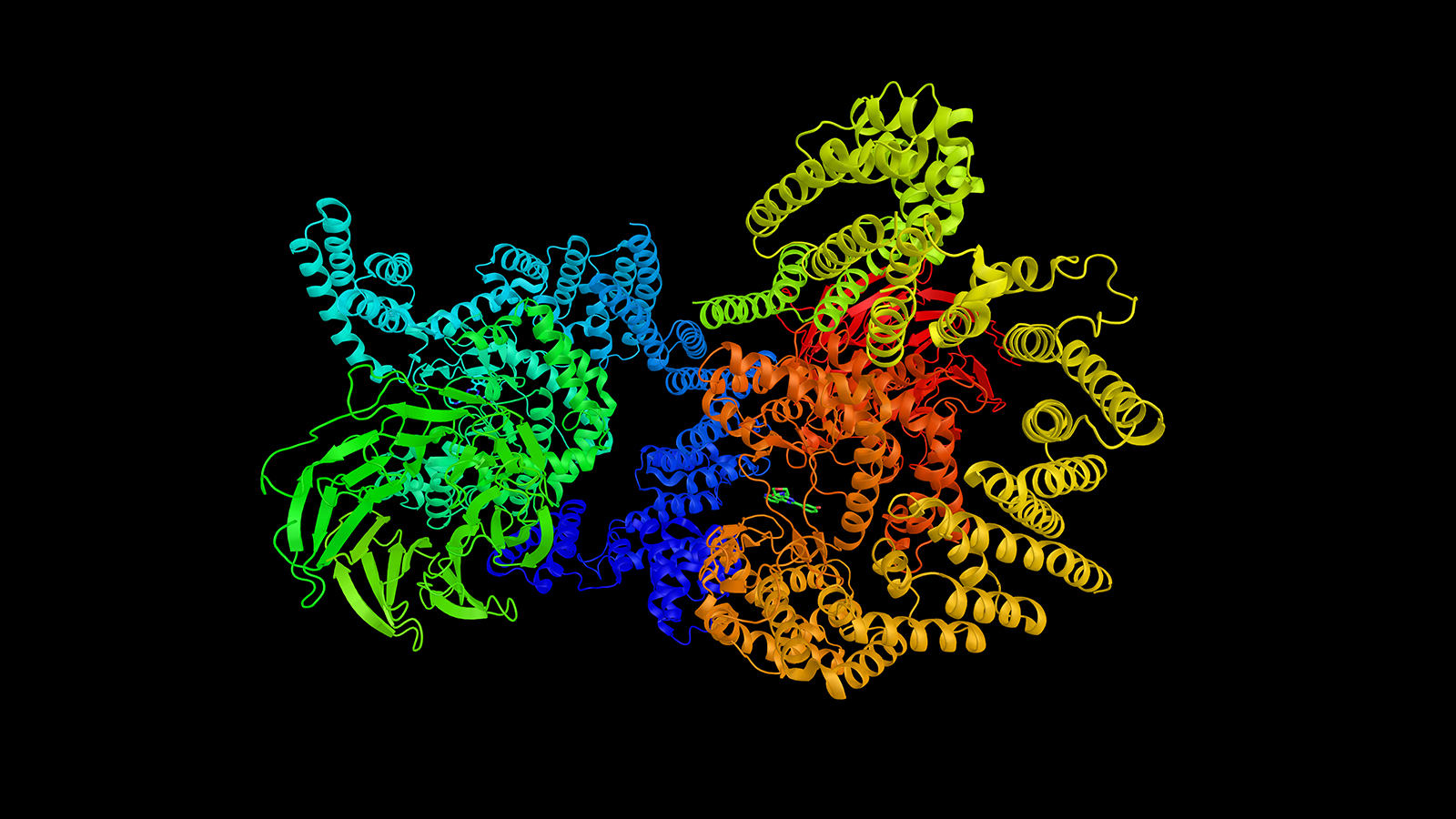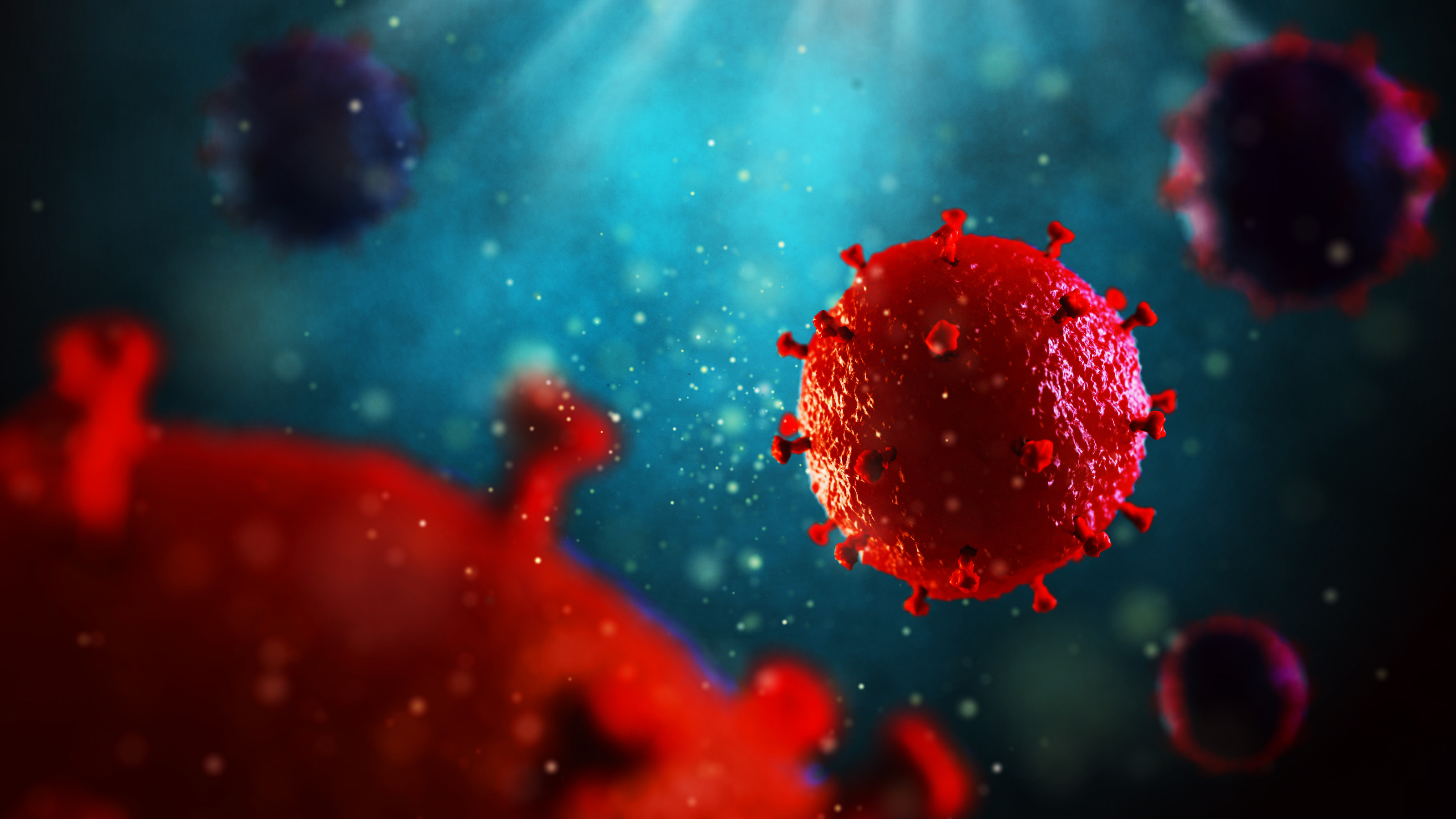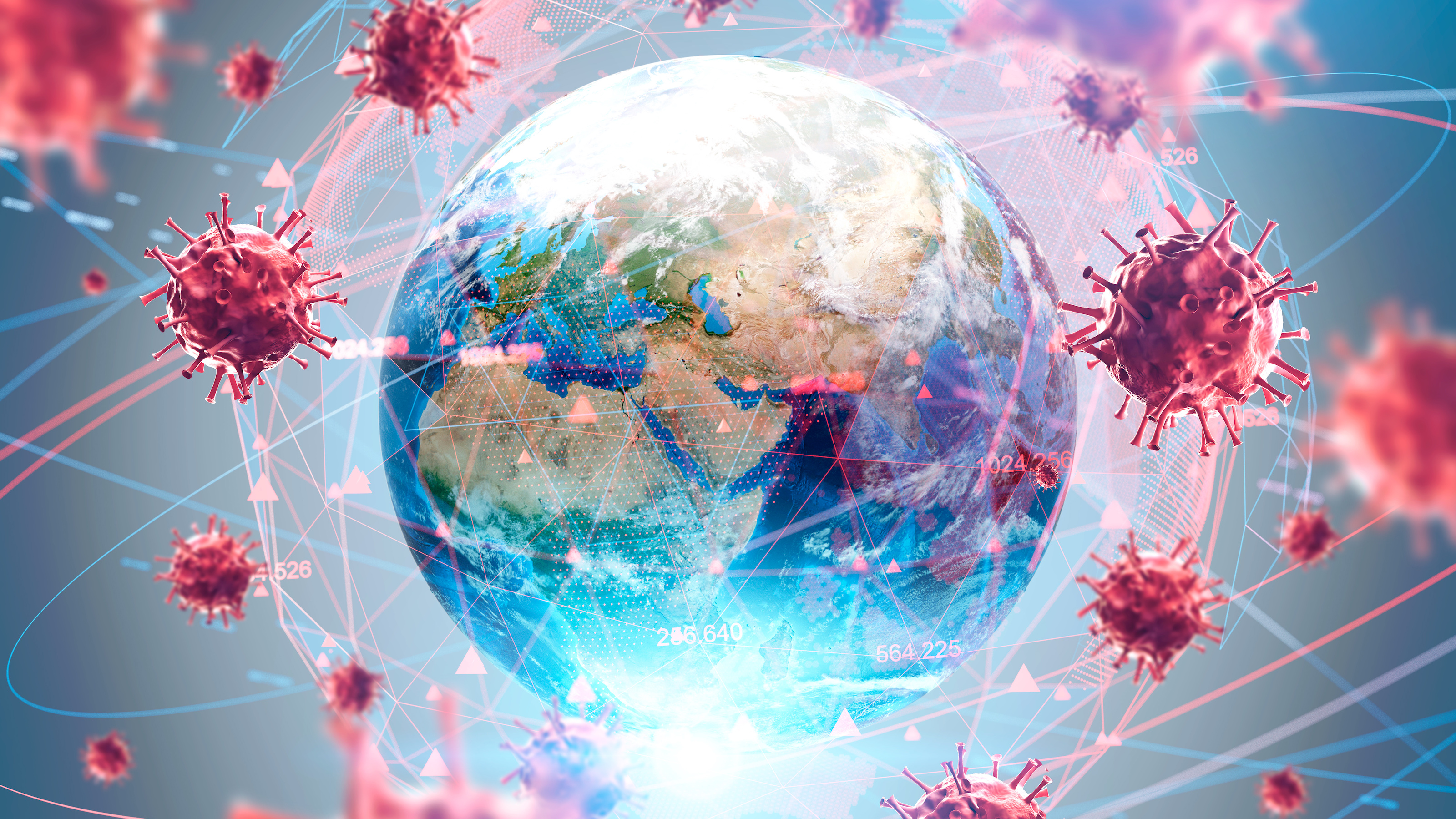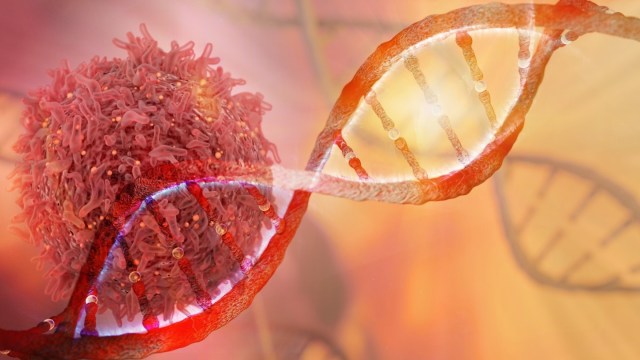A key COVID-19 immune response in children has been identified
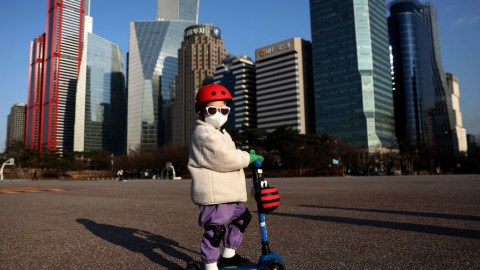
Photo by Chung Sung-Jun/Getty Images
- The reason children suffer less from the novel coronavirus has remained mysterious.
- Researchers identified a cytokine, IL-17A, which appears to protect children from the ravages of COVID-19.
- This cytokine response could change how researchers approach vaccine development.
The report was eye-opening, to say the least: over 500,000 children have tested positive for the novel coronavirus in America. More than 70,000 of these cases occurred during the last two weeks of August as schools reopened. While most children recover quickly, “several instances” of a rare inflammatory illness has been observed in children.
Fortunately, children under 10 appear to be less likely to spread the virus than teenagers—a counterintuitive finding, since children are, as one doctor phrases it, “germ factories.” Children in the younger age group also show fewer symptoms than teens and adults.
The virus is still new, though researchers have made headway in understanding it. A new study, conducted by scientists at Yale, the Albert Einstein College of Medicine, and Children’s Hospital at Montefiore, has identified key differences in the immune response of children, teenagers, and young adults, compared to adults.
Two cohorts were studied: 60 adult patients and 65 patients under age 24. Twenty patients in the younger group suffered from the novel multi-system inflammatory syndrome (MIS-C) that coincides with COVID-19. This disease is also new, and while most patients survive, it’s proven lethal in a small number of children.
In this study, published in Science Translational Medicine, 22 adults were put on mechanical ventilation, while only five children needed assistance with breathing. Seventeen adults died during the two-month study period; two pediatric patients died as well.
Co-senior author Betsy Herold says children fare well due to stronger innate immunity. For this reason, a group of eight physicians published a letter calling for pediatric vaccine trials. Doctors don’t want to be caught off-guard while waiting for an adult vaccine, says Vanderbilt pediatric infectious disease specialist, Buddy Creech.
“This is really a call to say rather than waiting to see if we have an effective vaccine for adults, let’s begin that work of at least evaluating the vaccines in adolescents and ever-decreasing ages, so that we get a good lead on the dosing, the dose schedule, and the potential effectiveness of that kind of a vaccine.”

A member of staff wearing personal protective equipment (PPE) takes a child’s temperature at the Harris Academy’s Shortland’s school on June 04, 2020 in London, England. Photo by Dan Kitwood/Getty Images
Experts don’t want to place kids at the back of the line, regardless of how strong their immune systems appear. At least one company, Moderna, hopes to begin testing vaccines in pediatric volunteers by year’s end.
Innate immune response is especially high during childhood (compared to adaptive immunity). This makes evolutionary sense: nature wants an animal to survive until its ready to procreate. Turns out the children in the study possessed high levels of cytokines that boost their immune response. The biggest impact is made by IL-17A, which appears to protect the youngest cohort from the ravages of the coronavirus.
While both age groups produced antibodies to fight off the infamous spike protein, adults that produce neutralizing antibodies actually suffer a worse fate. Herold says this “over-vigorous adaptive immune response” might promote inflammation, triggering acute respiratory distress syndrome (ARDS).
This matters for vaccine development. As Herold says,
“Our adult COVID-19 patients who fared poorly had high levels of neutralizing antibodies, suggesting that convalescent plasma—which is rich in neutralizing antibodies—may not help adults who have already developed signs of ARDS. By contrast, therapies that boost innate immune responses early in the course of the disease may be especially beneficial.”
Herold says current vaccine trials are focused on boosting neutralizing-antibody levels. With this new information, researchers may want to work on vaccines that boost the innate immune response instead.
With at least 55 vaccine trials underway, every piece of data matters.
—
Stay in touch with Derek on Twitter, Facebook and Substack. His next book is “Hero’s Dose: The Case For Psychedelics in Ritual and Therapy.”
